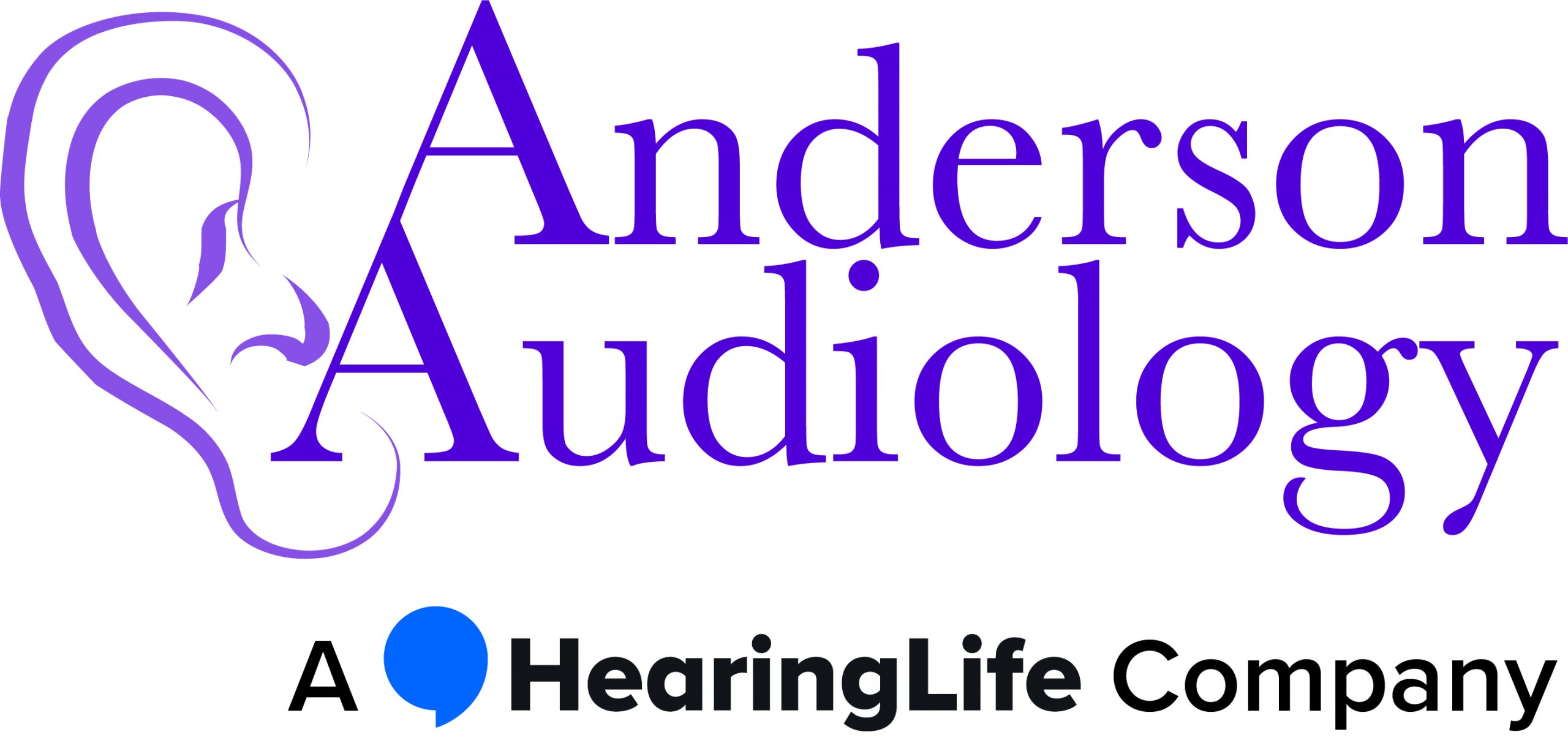What is Ototoxic Hearing Loss?
Any substance that is poisonous to the ear, specifically components of the auditory nerve or cochlea, is described as ototoxic. Ototoxicity could even be described as “ear poisoning.” It stems from combining two Latin words:
- Oto, which translates to “ear”, and
- Toxicity, which translates to “poisoning”
Certain medications that may be prescribed are known to be ototoxic, and may cause patients to experience hearing loss or tinnitus. It’s important for you to understand which medications could cause ototoxicity, to ensure that you can work with your physician to keep an eye on your hearing health.
Symptoms Of Ototoxic Hearing Loss
The symptoms of ototoxic hearing loss can range from mild to more severe. The most common symptoms are:
- A loss of hearing
- Persistent tinnitus, or ringing in the ears
- Loss of balance
Which Medications Are Ototoxic?
There are a number of different medications that are known as potentially ototoxic. Some of the medications include those that are used to treat infections, cancer or heart disease. The levels of ototoxicity may vary, depending on how long you’ve been taking the medication, what dosage you’re taking, infusion rate, interaction with other drugs. The more common forms of medications include:
- Aspirin and other painkillers – Ototoxicity is generally only a concern in large doses
- Chemotherapy or other cancer treatments – This could include cisplatin, bleomycin and cyclophosphamide
- Nonsteroidal anti-inflammatory drugs (NSAIDS) – Most common being ibuprofen
- Certain diuretics – Furosemide or bumetanide
- Certain antibiotics — Aminoglycosides (gentamicin, streptomycin, or neomycin)
For a more complete list of ototoxic medications, click here.
How Can I Protect My Ears?
Ototoxic hearing loss is not common, and in most cases, it’s not permanent. But that doesn’t mean that you should be complacent. Make sure your primary care physician is aware of the medications that you’re taking, whether prescribed or purchased over-the-counter. They will be able to highlight any causes for concern. Your physician may also recommend that you visit a hearing care professional, to assess your hearing and monitor for any changes to your baseline hearing.
Let The Experts at Anderson Audiology Help
It’s not always possible to simply avoid potentially ototoxic medications. But by keeping in touch with the hearing care professionals at Anderson Audiology, we can help protect your hearing. Early detection can decrease the risks of long-term hearing damage, and help to treat any hearing loss that may occur. If you’d like to discuss further, contact us at Anderson Audiology and schedule an appointment today with one of our hearing professionals at one of our five convenient audiology clinic locations in southern Nevada.
